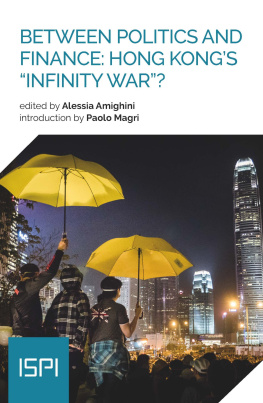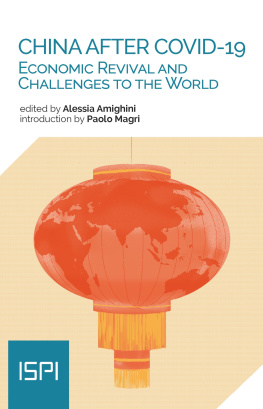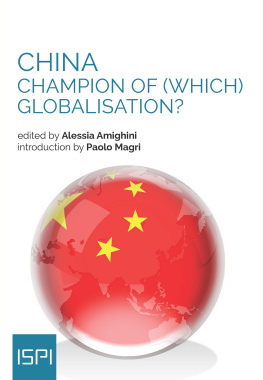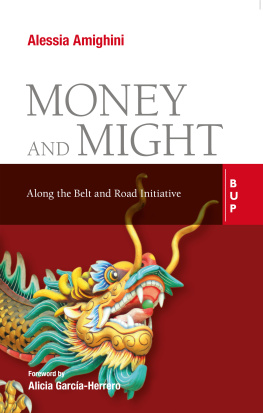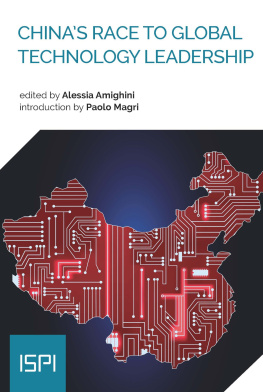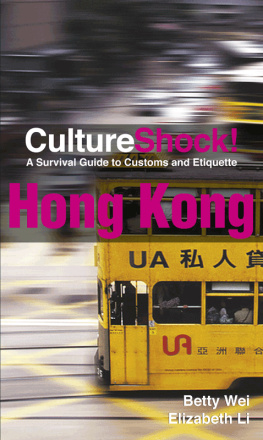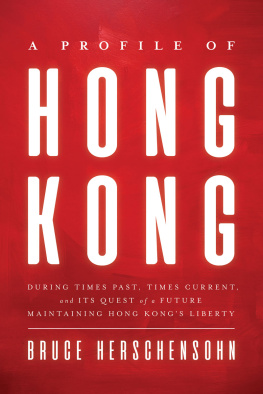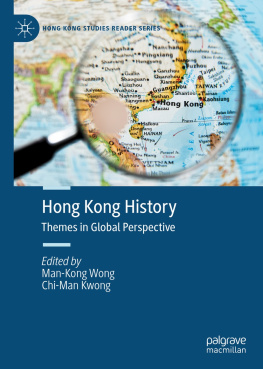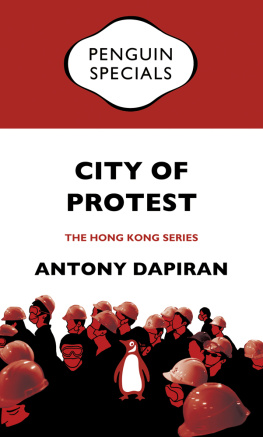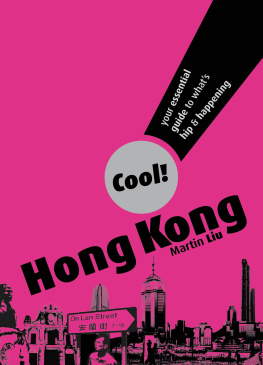Introduction
Several months back, as this Report was being conceived, protests in Hong Kong showed no sign of abating, with yellow umbrellas and balaclavas saturating global media. Today, as the coronavirus crisis takes its heavy toll, fear and restrictive measures have been keeping almost three million people away from the streets, both in Hong Kong and elsewhere in the world. And yet, just like at the start of what has now come to be known as the 2019 global protest wave, Hong Kong remains at the frontline of political contestation worldwide.
If questioned, most people today would assume that the Hong Kong protests ceased as swiftly as they had started. They would be wrong. In truth, the protests never entirely died out, not even when the first cases of coronavirus infection were registered in Wuhan last December, nor when the World Health Organization declared a pandemic in early March. Indeed, as Joshua Wong, leader of the 2014 Umbrella Movement, claimed, Hong Kong is fighting an infinity war, which the coronavirus fuelled instead of halting. It is therefore high time to go back to the reasons for the current unrest.
One country, two systems. This was the catchphrase chosen for the political solution proposed by President Deng Xiaoping in 1979 to secure the return of Hong Kong under Chinas sovereignty, after having been a UK protectorate since 1841. The formula is a carefully crafted compromise. On the one hand, China and Hong Kong are recognised as a single state; on the other, Hong Kong has the right to manage certain policy areas in accordance with a different institutional order and economic system. This means that the Hong Kong government is responsible for domestic affairs, including the judiciary, immigration and customs, public finance, currencies and extradition. Diplomatic relations and military defence, in contrast, remain under the responsibility of Beijing. Yet, one country, two systems also has a deadline after which Hong Kong will lose its privileges that is, 1 July 2047.
In Hong Kong, the protests against the 2019 extradition law unearthed the main weaknesses of the one country, two systems formula, especially as Beijing has grown more assertive over time. Violent contestations arose out of fear that the extradition law would cross the dividing line between Hong Kong and mainland China a line that has already been crossed in the past. Over and over, people have taken to the streets to voice their concerns for Beijings growing interference in the citys internal affairs (among others, candidates for the general elections are still pre-approved by Beijing), as well as to confront the Hong Kong government about its compliance with mainland Chinas requests. In sum, Hongkongers protest against a government that they feel does not protect their own interests, but is aligned with Beijing. Therefore, protests will not cease until the citys post-2047 future will be made clear. Yet, protesters do not look necessarily for independence, but for a different compromise, which is made impossible by the key role that Hong Kong plays in financial markets worldwide, and also in Beijings plans for the creation of a major advanced development area (the Greater Bay Area) capable of rivalling with other metropolitan areas, such as Tokyo or San Francisco, and sensibly increase Chinas status around the world. Furthermore, Hong Kong is strongly dependent on mainland China in terms of its economic prosperity. After the prolonged 2019 protests weakened the citys economy, traditionally vulnerable to external shocks, the coronavirus is now sure to prolong Hong Kongs recession. At the height of the protests (between July and December 2019), the citys economy had shrunk about 3% compared to the same period in 2018. Overall, GDP in 2019 contracted by 1.2%, the first drop since the global financial crisis. But the coronavirus pandemic is sure to take a much heavier toll, not only due to Hong Kongs dependency from China, but also because of its export-oriented character, traditionally sensitive to trade disruptions. Predictably, in the first quarter of 2020, Hong Kongs economy shrank by 8.9%, worse than during the 2009 global financial crisis or the 1998 Asian financial crisis.
As anywhere else in the world, the Hong Kong government has adopted a number of measures to reduce the impact of the virus. Regulations on human mobility to and from the mainland have proven the most controversial as much as they precipitated tensions between the Hong Kong government and civil society. Many asked for the closure of all connecting routes between the city and mainland China, so as to avoid the spread of the virus. Hong Kongs Chief executive Carrie Lam, though, chose to leave open four passageways, despite banning most non-residents, including tourists, from entering Hong Kong. Closing all routes, in fact, even at the time of a health emergency, would be a symbolic gesture referring back to localism i.e., the ideology that underlies Hong Kongs more radical autonomy claims. Although the citys government has done a credible job in containing the infections, it is not getting credit because the level of trust from civil society is at an all-time low. The risk is that the policies adopted by the Hong Kong government will only be interpreted as political choices, and will lead to a new wave of severe protests after the coronavirus crisis will end. After all, protests already started to mount, despite the anti-coronavirus measures, and in late March the police fired tear gas to disperse about 100 protesters. Contention is once again stirring in the city and Hong Kong might be on the verge of another summer of protests unless the health crisis kicks in once more.
This ISPI report delves deep into longstanding Hong Kong-China relations, asking: what makes Hong Kong special? To what extent have the Hong Kong protests worsened over time? Will the citys role in Beijings development plans in the area change, if the protests continue? After all, not even a global health crisis has managed to halt Hong Kongers to take their concerns to the streets. We then ask: how could the future of mainland China-Hong Kong relations change, as we slowly get closer to the expiry date of the citys autonomous status, in 2047? And finally, to what extent has the situation in Hong Kong the potential to reverberate on Macau and ultimately Taiwan?
In the first chapter, Guido Samarani looks at Hong Kongs instabilities as a product of history, and especially as a clash between the citys past as a British colony and its controversial relations with mainland China. This mixed heritage created a unique Hong Kong identity, which is mainly responsible for Hong Kongers inability to accept Beijings full-sovereignty.
Next, Alvin Y.H. Cheung details the controversial relations between Hong Kong and Beijing. In particular, he investigates changes in the governmental approaches used to counter protests. After the 2014 protests, Cheung detects a sensible increase in the levels of violence used by Beijing, and argues that, as long as protests continue, violence will also risk escalating.


